Let’s talk about the auto industry. Competition is fierce and consumer preferences are constantly evolving. If your brand isn’t clued in to having a well-defined digital marketing strategy, then you are falling behind and you don’t even know it. Many brands and shops often overlook the importance of a full funnel approach, which addresses every stage of the customer journey, from awareness to post-purchase engagement. Here’s why it’s crucial for auto industry brands and shops to adopt this holistic approach. See how digital marketing is transforming the auto world.

Understanding the Full Funnel
The concept of a full funnel strategy refers to addressing the customer journey in its entirety:
- Awareness: Potential customers discover your brand and offerings.
- Consideration: Consumers evaluate their options and compare different brands.
- Conversion: Prospects make a purchase decision and complete the transaction.
- Loyalty: Brands engage customers post-purchase to encourage loyalty and repeat business.
- Advocacy: Satisfied customers become advocates, sharing their positive experiences.
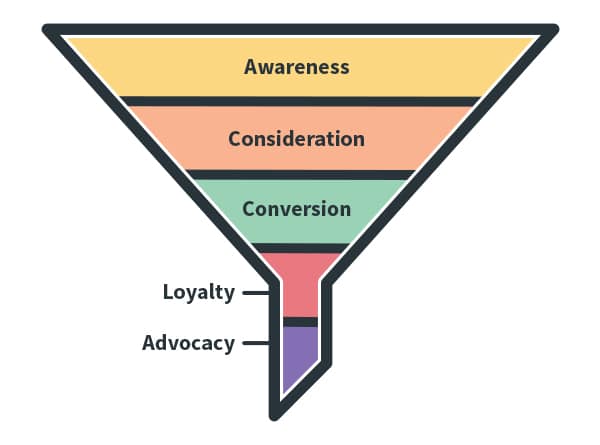
Why a Full Funnel Strategy is Essential
Maximizes Reach and Engagement
In the auto industry, customers often begin their journey by researching options online. A full funnel strategy allows brands to create tailored content that targets customers at each stage. For example, informative blog posts or engaging social media content can raise awareness, while detailed comparison guides can assist in the consideration phase. By maximizing reach across multiple channels, brands ensure they capture the attention of potential customers before they even consider a purchase.

Builds Trust and Credibility
Trust is paramount in the auto industry, where customers often make significant financial and time commitments to your brand and products. A comprehensive approach that includes educational content, customer testimonials, and transparent communication can help build credibility. For instance, videos showing the ease of part installation or virtual tours of your shop can enhance trust during the consideration phase. By addressing customer concerns and providing valuable information, brands can foster a sense of reliability.
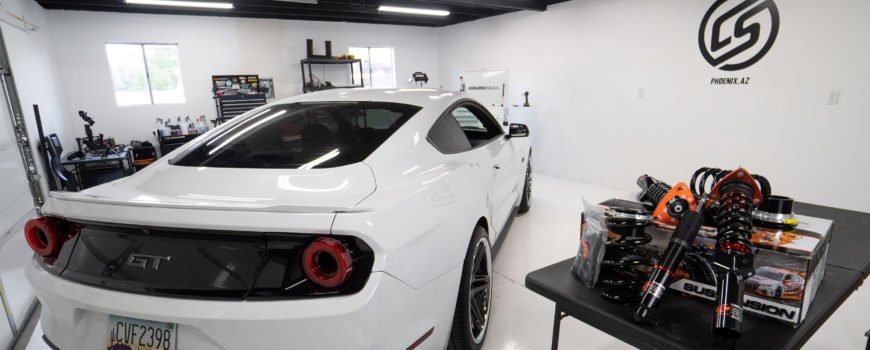
Improves Conversion Rates
A full funnel strategy streamlines the customer journey, making it easier for potential buyers to convert. By using targeted ads, retargeting campaigns, and personalized email marketing, you can guide customers seamlessly through the steps of your funnel. Offering incentives, such as special bundles or limited-time promotions, can further encourage conversions. In a world where customers are bombarded with options, a smooth and engaging purchasing experience can make all the difference.
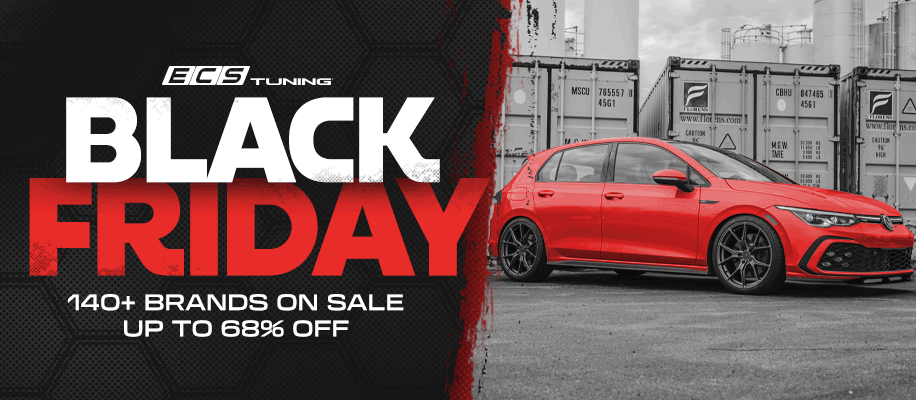
Enhances Customer Retention and Loyalty
Once a customer has made a purchase, the relationship shouldn’t end there. A full funnel strategy includes post-purchase engagement to foster loyalty. Regular follow-ups, messaging based on previous purchases, and exclusive offers for returning customers can keep your brand top-of-mind and interesting to customers. Have you ever bought a product and then you ended up browsing their site for other things you might need in the future because you were so satisfied? That is the goal. Engaging customers through loyalty programs or community events can further enhance their connection to your brand, leading to repeat business and referrals.
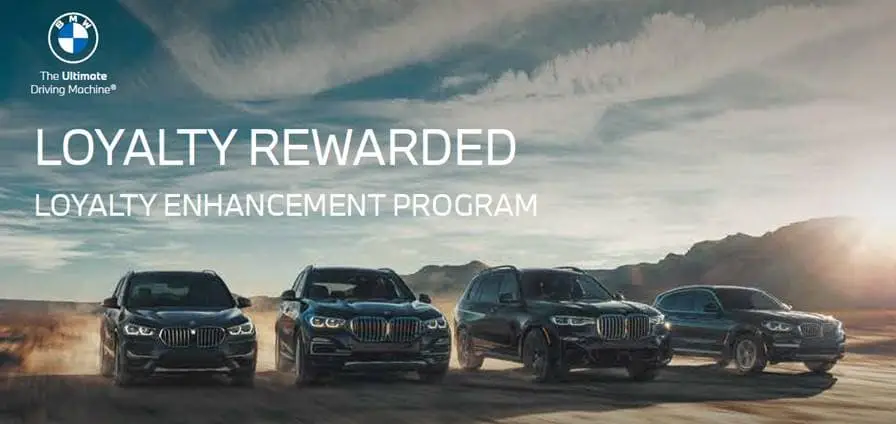
Encourages Advocacy and Referrals
Loyal customers are often your best marketers. A full funnel strategy nurtures advocacy by encouraging customers to share their positive experiences. This can be facilitated through referral programs, social media engagement, and encouraging reviews. Word-of-mouth referrals are invaluable, as many consumers rely on recommendations from friends and family when making purchasing decisions.
Implementing a Full Funnel Strategy
Define Your Customer Personas
Understanding your target audience is the first step in crafting a full funnel strategy. Create detailed customer personas that outline their demographics, preferences, and pain points. This will inform your content and marketing tactics at every stage of the funnel.

Create Tailored Content
Develop content that speaks to customers at each funnel stage. For example, blog posts about car maintenance can educate and engage potential customers, while email newsletters can keep past buyers informed about new models and promotions.
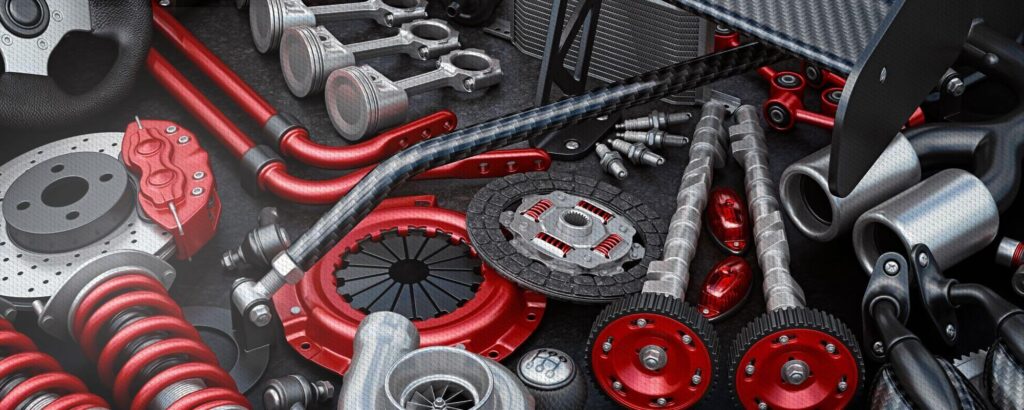
Leverage Multiple Channels
Utilize various digital marketing channels such as social media, email, SEO, and paid advertising to reach your audience. Each channel should have tailored messaging that aligns with the stage of the funnel. See how email can boost your brand performance.
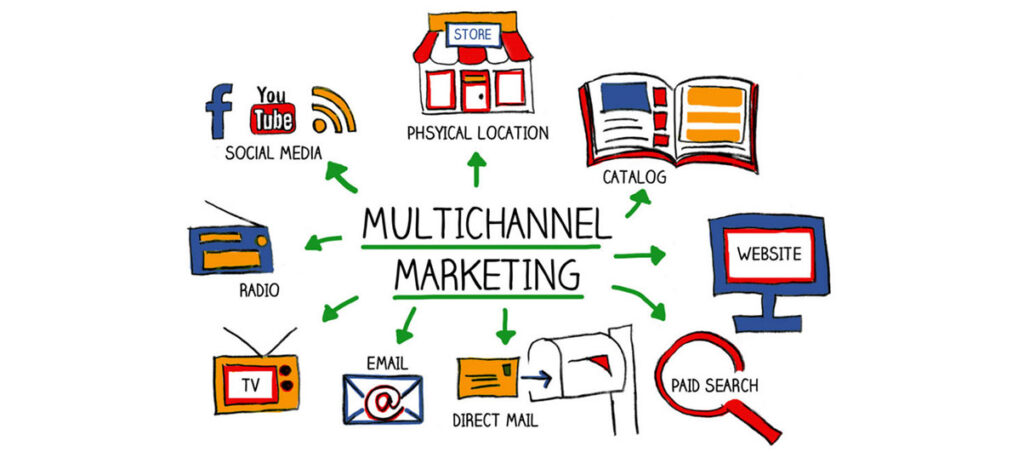
Monitor and Analyze Performance
Regularly assess the effectiveness of your marketing efforts. Use analytics tools to track metrics like engagement rates, conversion rates, and customer feedback. This data will help you refine your strategy and optimize your funnel for better results.
In today’s competitive auto industry landscape, a full funnel digital marketing strategy is not just beneficial; it’s essential. By addressing every stage of the customer journey, brands and shops can maximize their reach, build trust, improve conversions, enhance customer loyalty, and encourage advocacy. As consumer behaviors continue to shift, embracing a comprehensive approach will help auto industry brands stand out, build lasting relationships, and drive sustainable growth. So, are you ready to take your digital marketing strategy to the next level?

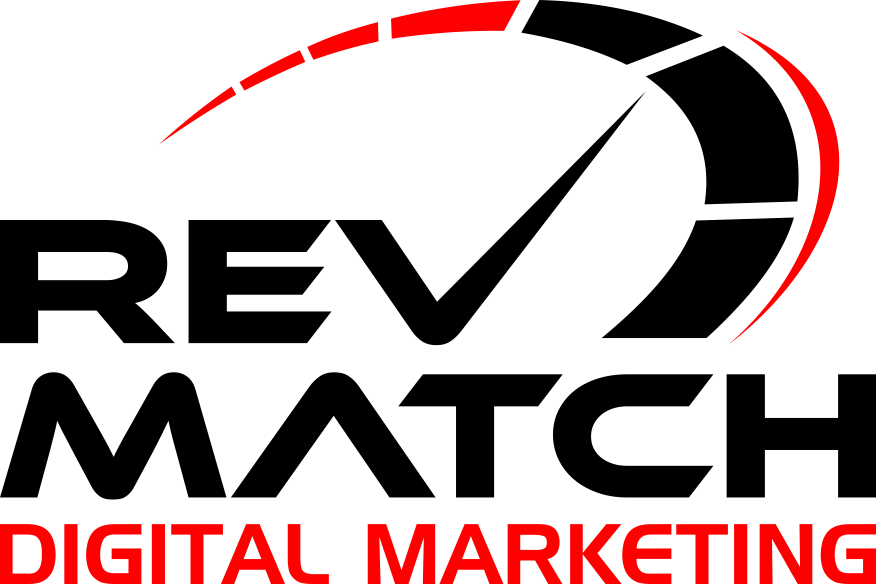



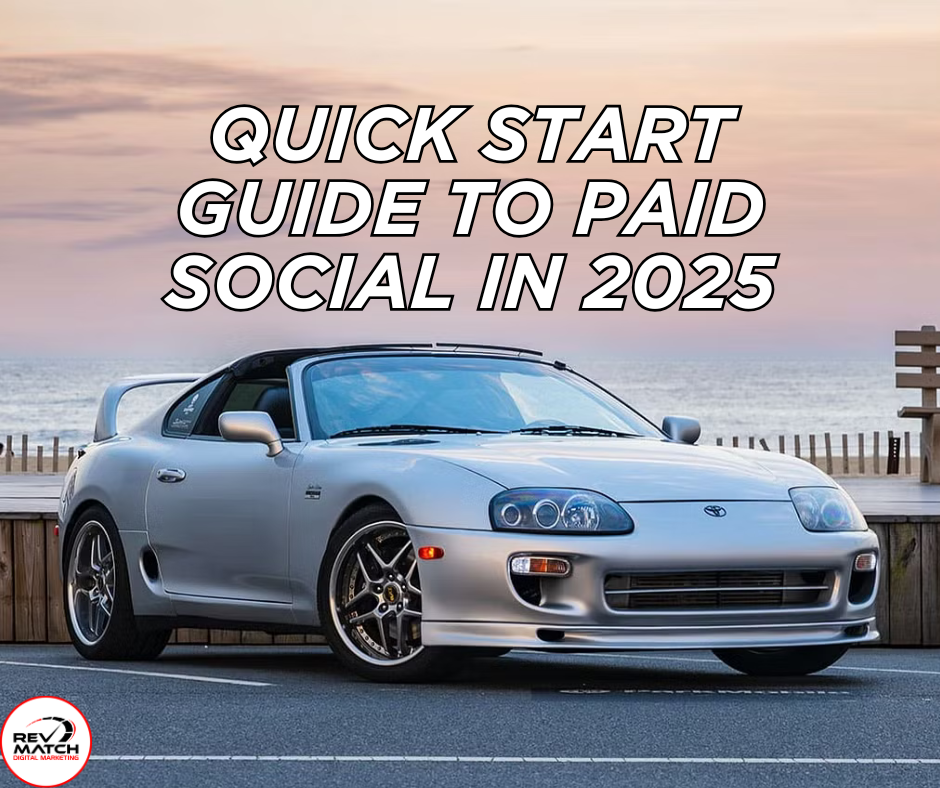
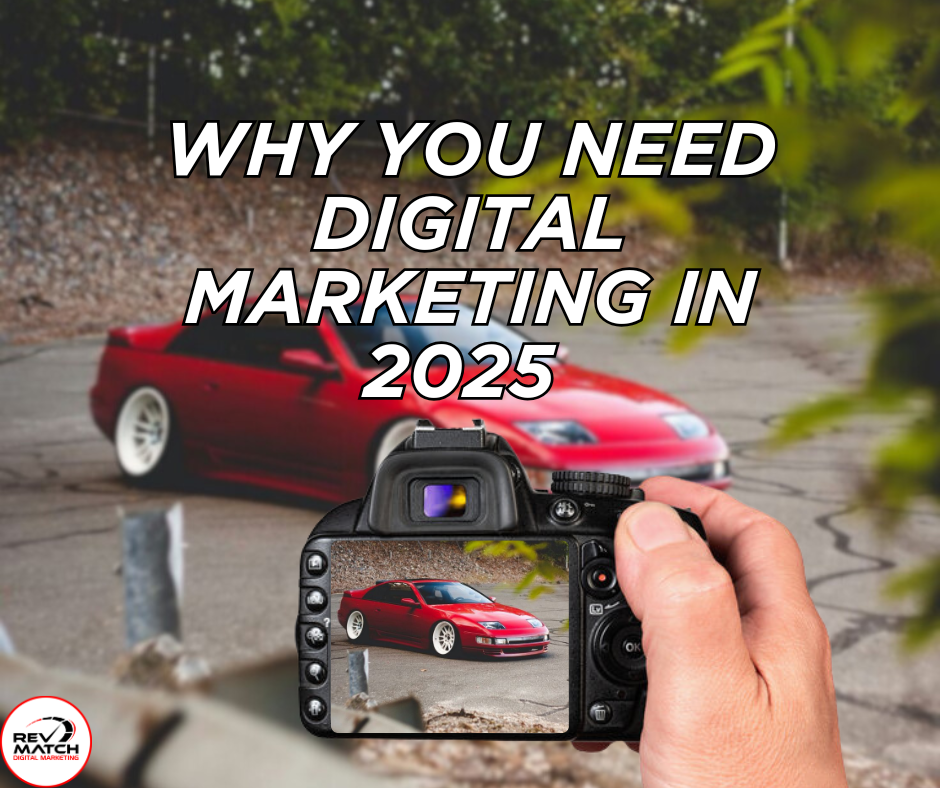

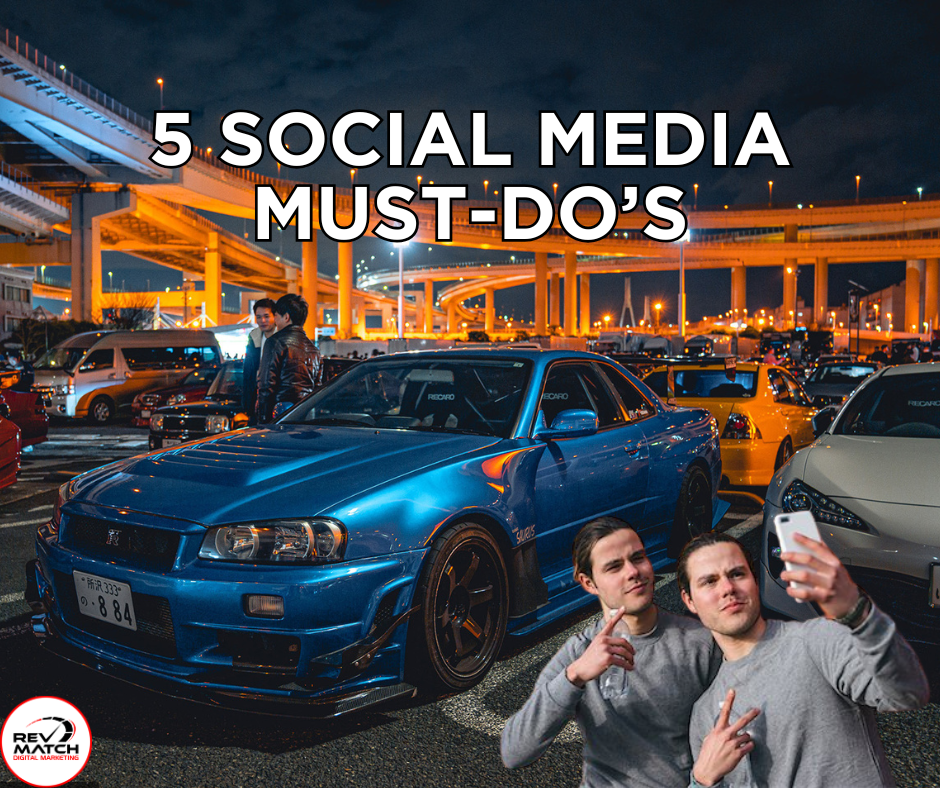
One response to “The Importance Of A Full-Funnel Digital Strategy For Automotive Brand Growth”
[…] niche, paid social media ads and Google Ads should be integral to your marketing strategy. Read our article about why having a complete digital marketing strategy is KEY for growth. These platforms are essential for driving growth, boosting visibility, and converting leads into […]